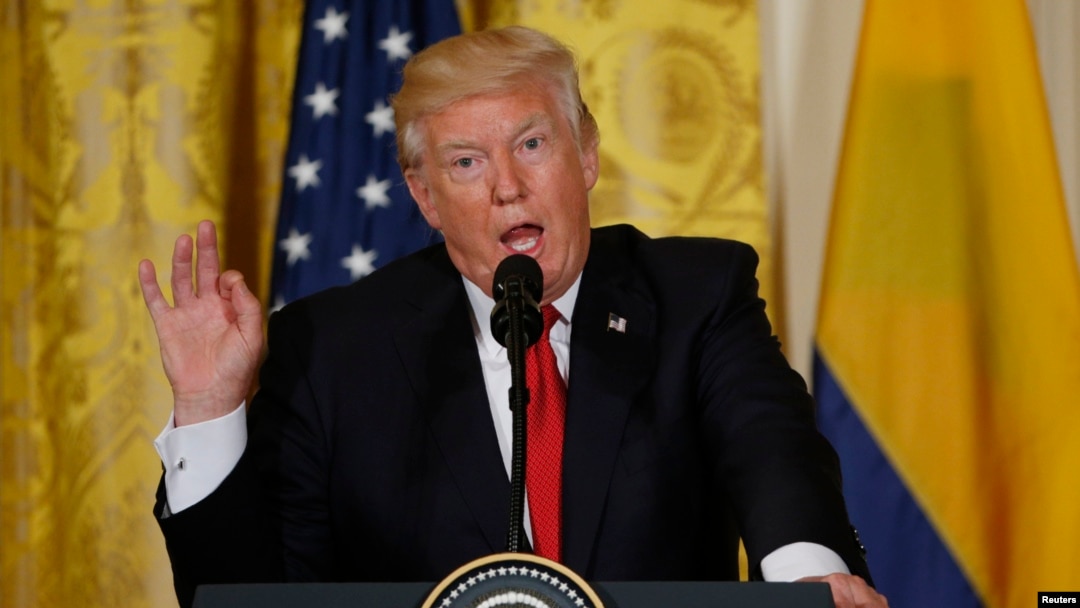Key Takeaways
| ⚡ Trump's appointment to the Voice of America has sparked significant controversy and debate over political influence in media. |
| ⚡ Critics argue that the appointment undermines VOA's mission of independent and unbiased journalism. |
| ⚡ The move is part of a larger trend of political appointments to key media positions during the Trump administration. |
Trump's VOA Appointment: Controversy and Political Implications
Donald Trump's appointment to the Voice of America (VOA), the U.S. government-funded international broadcaster, has drawn significant controversy. VOA is known for its commitment to providing independent and accurate news in multiple languages, but Trump's decision to place political allies in key positions at the agency has raised questions about the future of unbiased journalism.
VOA, which serves millions of people around the world, has long been a symbol of journalistic independence. However, during the Trump administration, appointments to its leadership positions seemed to align more with the president’s political agenda, rather than the agency's traditional mission. Critics argue that this undermines the very purpose of VOA as a global news source free from political influence.

1. Background: VOA’s Role in Global Media
The Voice of America was established in 1942 as part of the U.S. government's efforts to provide accurate and unbiased information to international audiences. VOA's role has been vital in promoting freedom of expression and supporting democratic values around the world. It broadcasts news in multiple languages, reaching millions of people in countries with limited access to independent media.
2. Trump's Appointment and Its Impact
Trump's appointment to VOA's leadership sparked concerns among journalists, human rights organizations, and political commentators. Critics argue that placing political figures with close ties to the president at the helm of a media organization like VOA compromises its credibility. The concern is that VOA's reporting could become subject to political pressure, turning it into a tool of government propaganda rather than an independent news outlet.
3. The Broader Trend of Political Influence in Media
Trump's VOA appointment is part of a broader trend of political appointments to media-related positions throughout his administration. From the Federal Communications Commission (FCC) to the U.S. Agency for Global Media (USAGM), the appointment of political allies to key media roles raised concerns about government overreach in journalism. These actions are seen as attempts to shape the narrative and suppress dissenting views, especially during a time of intense political polarization.

4. The Future of Independent Journalism
The controversy surrounding Trump's VOA appointment highlights the ongoing struggle to maintain journalistic independence in the face of political influence. As government-funded media outlets, like VOA, face increasing scrutiny, the need for safeguards to protect editorial freedom becomes more urgent. The challenge lies in ensuring that these organizations continue to operate based on journalistic principles, rather than political agendas.
Conclusion: VOA’s Mission at a Crossroads
The appointment of political figures to key media roles, including at VOA, presents significant challenges to the future of independent journalism. While VOA’s mission of providing accurate and unbiased news remains critical, the question of how to protect its editorial independence in an increasingly polarized political environment remains unresolved. The debate over Trump's VOA appointment serves as a reminder of the delicate balance between government influence and press freedom.



.jpg)
.jpg)
.jpg)


.jpg)